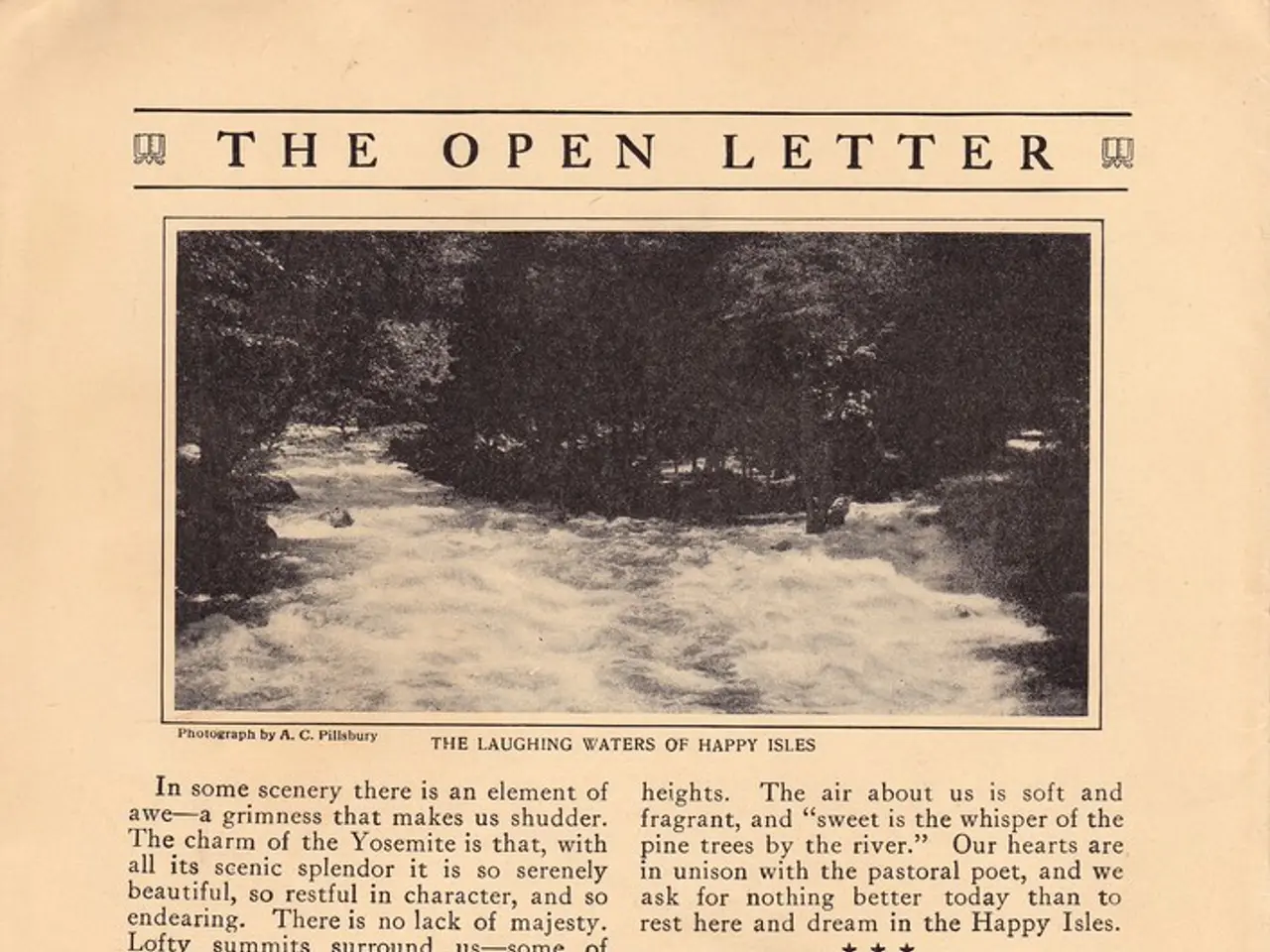Empire Clash: Genghis Khan vs. Alexander the Great - Empires at Odds
In the annals of history, two of the most influential leaders have left indelible marks on the world - Alexander the Great and Genghis Khan. Although their empires were vastly different in geography, army size, strategy, leadership style, and legacy, both rulers have played pivotal roles in shaping the course of human civilisation.
Alexander the Great, born in Macedonia in 356 BCE, built an empire that stretched from Greece to India. Commanding a relatively smaller, professional army composed mainly of the Macedonian phalanx and cavalry, he employed phalanx formations, siege warfare, and rapid, decisive battles. Known for his charismatic, visionary leadership, Alexander personally led from the front and inspired loyalty, unifying diverse cultures through Hellenization. His conquests spread Greek culture, language, and ideas, deeply influencing the Mediterranean and Near East.
In contrast, Genghis Khan, born around 1162 in Mongolia, founded the largest contiguous land empire, spanning much of Central Asia and China. Leading over 100,000 warriors, Genghis Khan's army was a massive, highly mobile cavalry force, composed mainly of Mongol horsemen known for their speed and archery. Utilizing psychological warfare, deception, feigned retreats, and exceptional mobility, Genghis Khan relied heavily on cavalry archers and adaptability. His empire, covering parts of China, Central Asia, the Middle East, and Eastern Europe, became the largest land empire in history.
The descendants of Genghis Khan ruled huge parts of Asia, the Middle East, and Eastern Europe for over a century. Historians estimate that over 16 million men carry Genghis Khan's DNA today, making him one of the most successful ancestors in history. Kublai Khan, a grandson of Genghis Khan, even became an emperor.
While Alexander the Great died at the age of 32 in 323 BCE, Genghis Khan lived to approximately 65 years old and died in 1227 CE. Both leaders were transformative but differed in their methods, geographic focus, and enduring impacts on world history.
In summary, Alexander’s empire was a rapid expansion of a relatively smaller army across diverse ancient civilizations, leaving a lasting cultural legacy in the Hellenistic world. In contrast, Genghis Khan’s empire was characterized by an enormous, mobile cavalry army, innovative warfare tactics, and the establishment of the largest contiguous empire with profound effects on Eurasian geopolitics and trade. Both leaders were transformative but differed in their methods, geographic focus, and enduring impacts on world history.
Alexander the Great's father was a king, and his teacher was Aristotle. Alexander had one son, but the boy never ruled. Genghis Khan, known as Temujin, hunted for food and protected his family before rising to power. Khutulun, a Mongolian warrior princess who was a descendant of Genghis Khan, is another notable figure from his lineage.
Subutai, a Mongol general who served under Genghis Khan, played a crucial role in the expansion of the empire. Genghis Khan's empire secured the Silk Road, facilitating cultural exchanges across Eurasia, though it is also remembered for the destruction it wrought.
Both Alexander the Great and Genghis Khan have left indelible marks on human history, their empires shaping the course of civilisation in profound ways. Despite their differences, their legacies continue to inspire and intrigue scholars and history enthusiasts alike.
War-and-conflicts played significant roles in shaping the legacies of both Alexander the Great and Genghis Khan, influencing politics and general news throughout history. The strategies employed by Alexander, such as phalanx formations, siege warfare, and rapid, decisive battles, differed from Genghis Khan's tactics like psychological warfare, deception, feigned retreats, and adaptability. These variations in warfare had far-reaching impacts on the geopolitics and cultural exchange across Eurasia.








